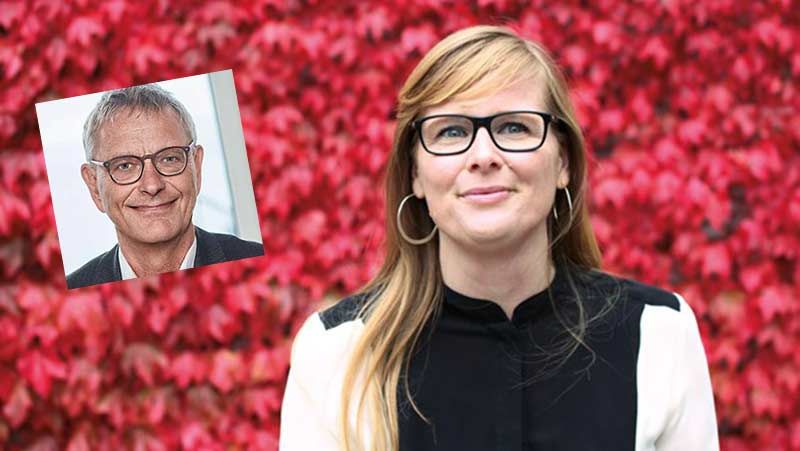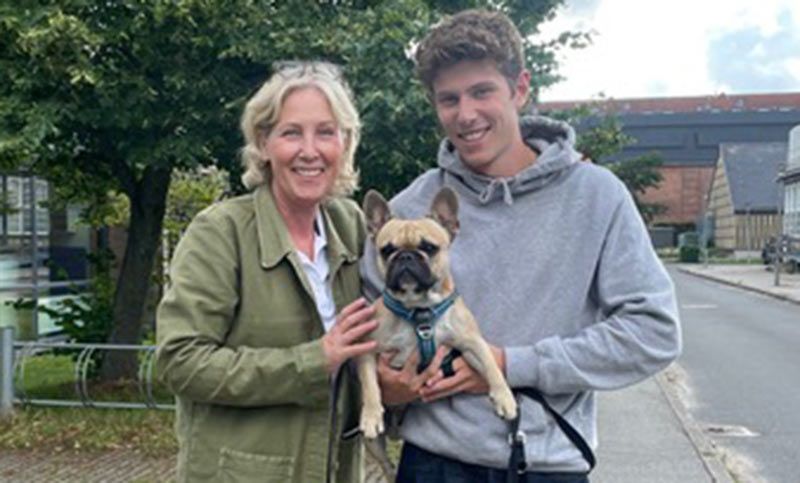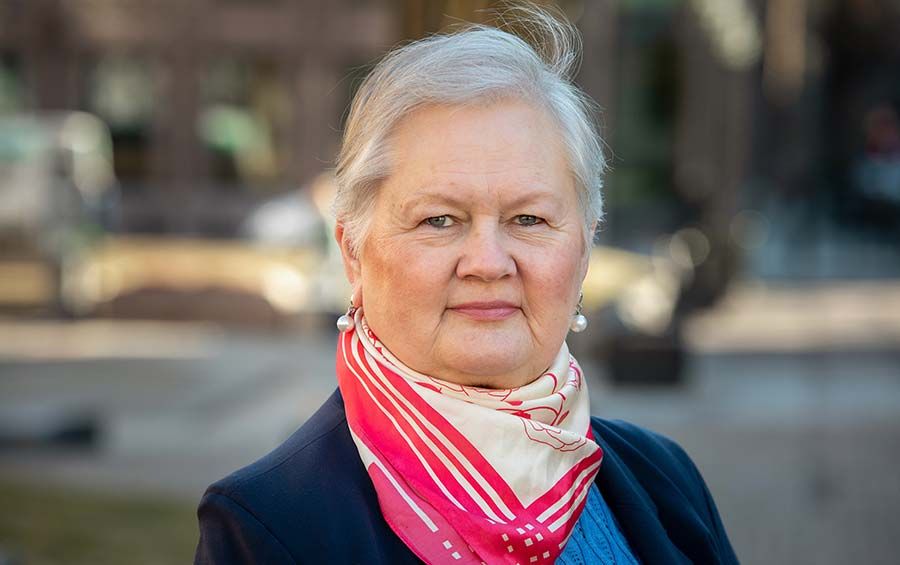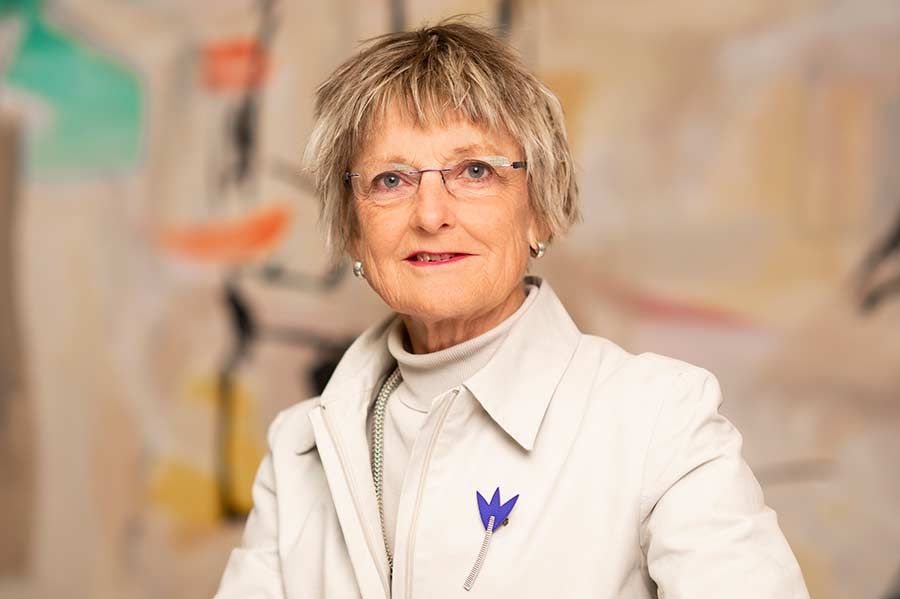Single mother pays for effective cancer treatment in Sweden – rejected in Denmark
Written by Hani Abu-Khalil on . Posted in Treatments.
Danish Lena Rosenkilde had run out of good treatment options for breast cancer when she chose to pay for treatment herself in Sweden. The treatment worked, the cancer is in remission, but the medicines committee in the Capital Region of Denmark still rejects that she can receive the treatment at home, as it is under assessment.
Norway has approved treatment for HER2-low
Written by Christina Alfthan on . Posted in Treatments.
From 1 November, all Norwegian women with HER2-low breast cancer can be treated with the breast cancer medicine Enhertu (trastuzumab deruxtecan, T-DXd) at public hospitals in Norway.
Understand the background: That's why everyone is talking about HER2-low
Written by Christina Alfthan on . Posted in Treatments.
The treatment with Enhertu in particular has made it relevant to distinguish between HER2-negative disease and HER2-low disease. Some of the very effective treatments, which have previously only been used for HER2-positive breast cancer patients, have been shown to be beneficial for HER2-low patients as well.
Life is too beautiful - meet six women with metastatic breast cancer
Written by Randi Krogsgaard on . Posted in News.
In September 2023, the Danish Breast Cancer Association in collaboration with Novartis Denmark launched a campaign "Life is too beautiful" with a focus on breast cancer with spread.
Swedish report: Lack of knowledge about mammography means non-attendance at screening
Written by Randi Krogsgaard on . Posted in Treatments.
Every fourth woman in the Nordic countries misses a mammogram, on a European level it is every third. This appears from the Bröstcancerraporten 2023, from the Swedish Bröstcancerförbundet.
Patient Advocacy pays off: Drug approved in Norway after several rejections
Written by Randi Krogsgaard on . Posted in Treatments.
In June 2023, there was not a dry eye in the Norwegian Breast Cancer Association. After two rejections, the drug Trodelvy (sacituzumab govitecan) was finally approved for the treatment of women with incurable triple negative breast cancer.
FDA has updated regulations on mammography in the United States
Written by Randi Krogsgaard on . Posted in News.
In March, the US Food and Drug Administration (FDA) issued a press release regarding updating mammography results.
Give us time - a campaign for access to new effective medicines
Written by Randi Krogsgaard on . Posted in News.
The Breast Cancer Association in Denmark launched a campaign entitled "Giv os tid" in June in connection with the Folkemødet on Bornholm.
The cancer was overlooked for four years and then the breasts were removed
Written by Christina Alfthan on . Posted in Treatments.
Birgit Arentoft has had both her breasts removed because the mammogram did not show the lump in one breast. She is among the five percent of all screened women who have very dense breast tissue, and where the risk of breast cancer is more than double that of women who do not have dense breast tissue. Today, Birgit fights for differentiated breast screening, so that others do not end up like her.
Differentiated breast screening may be on the way
Written by Christina Alfthan on . Posted in Treatments.
Five percent of all screened women have very dense breast tissue, and there is good reason to be aware of this. Because they have 2.5 times the risk of developing breast cancer, but the dense tissue means that mammography only detects about half of the cancer cases.
Artificial intelligence gives hope to women with dense breast tissue
Written by Christina Alfthan on . Posted in Treatments.
The traditional mammography screening cannot always find the cancer, therefore the Breast Cancer Association suggests a differentiated screening for women with dense breast tissue. Artificial intelligence will hopefully improve the chances of finding breast cancer earlier, says cancer researcher Elsebeth Lynge.
How artificial intelligence works in breast cancer screening
Written by Redaktionen on . Posted in Treatments.



